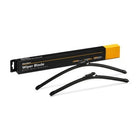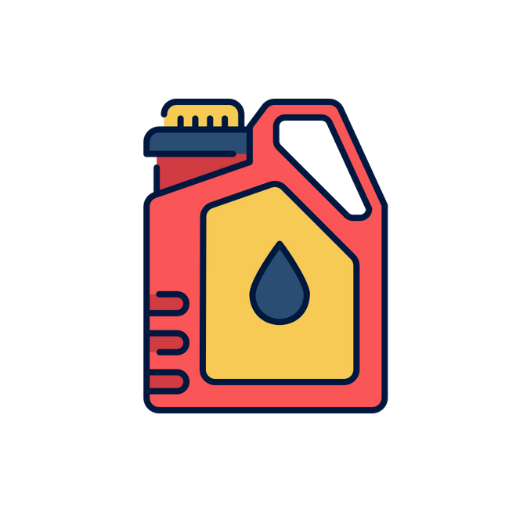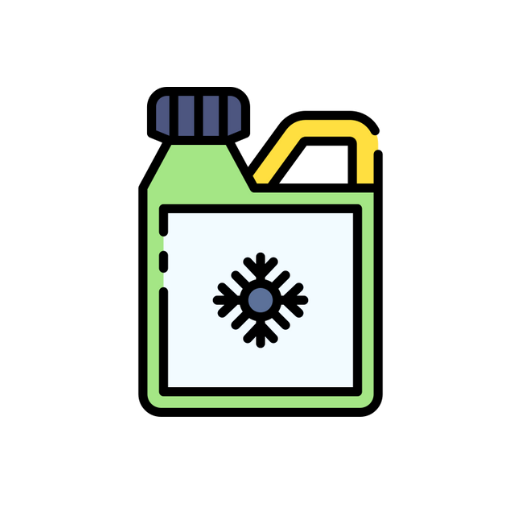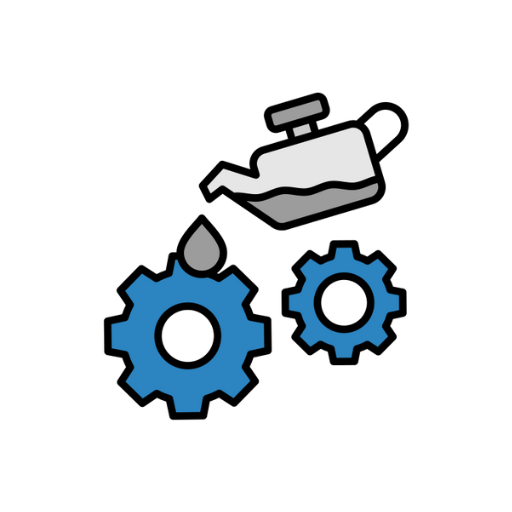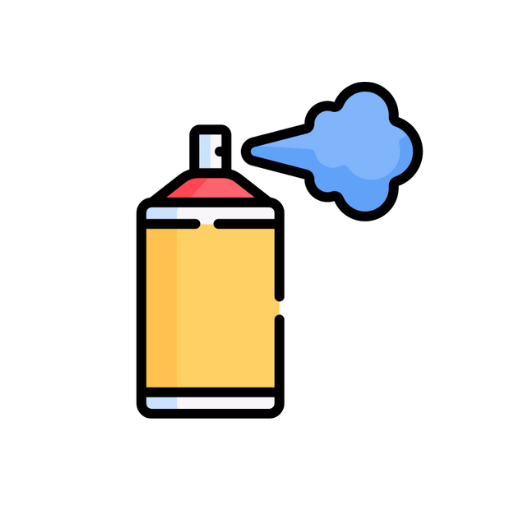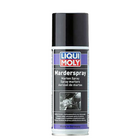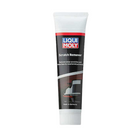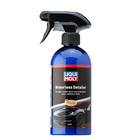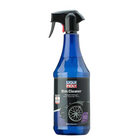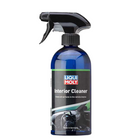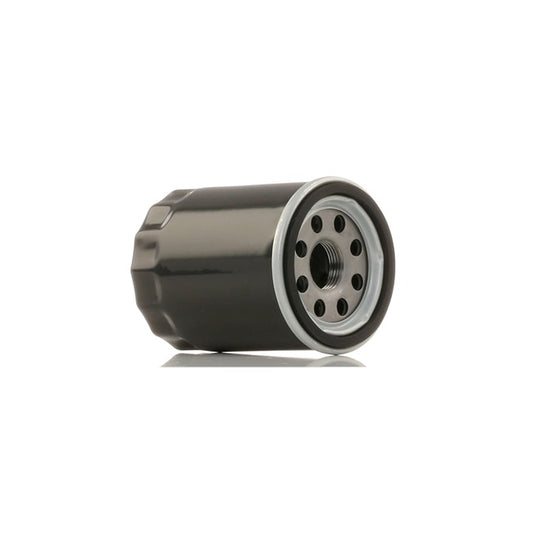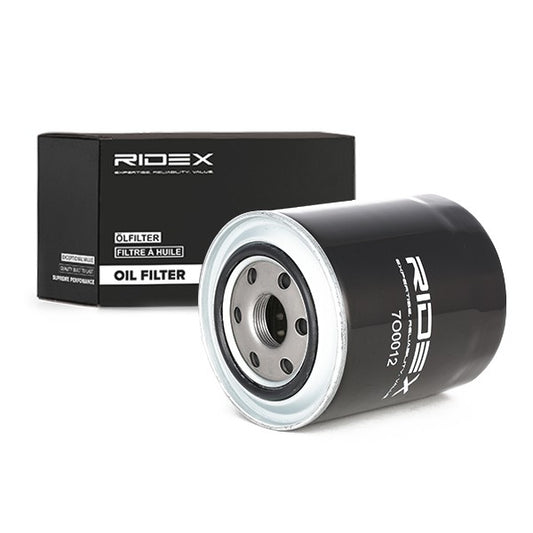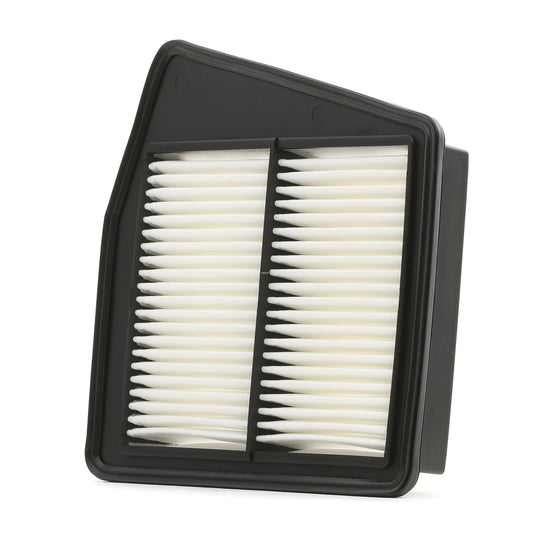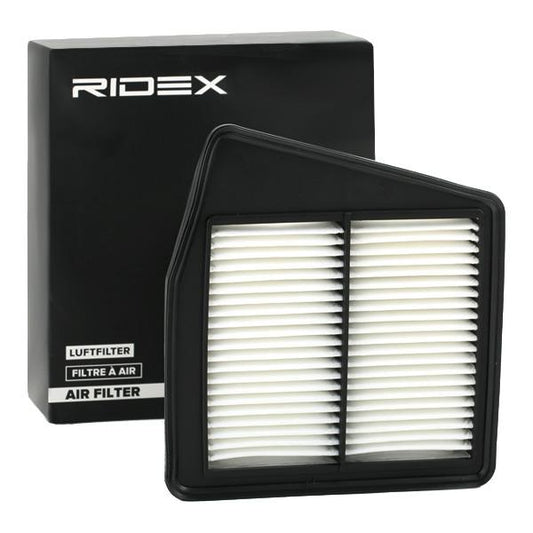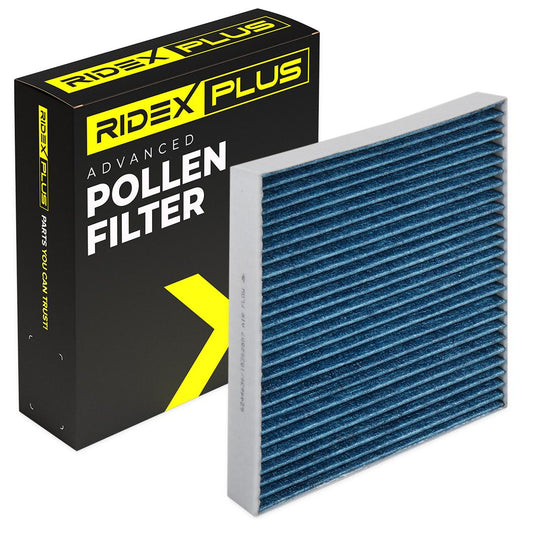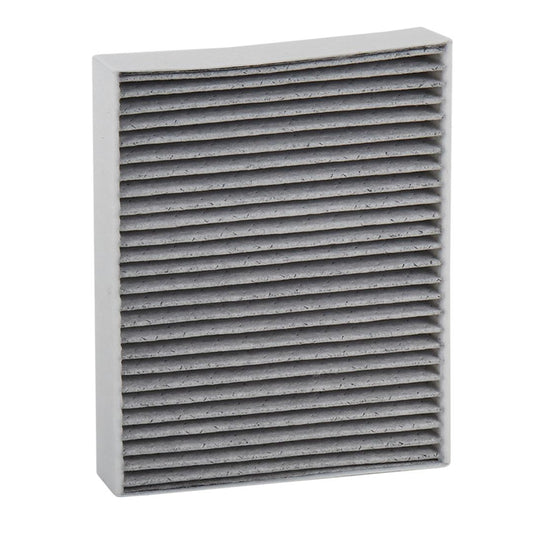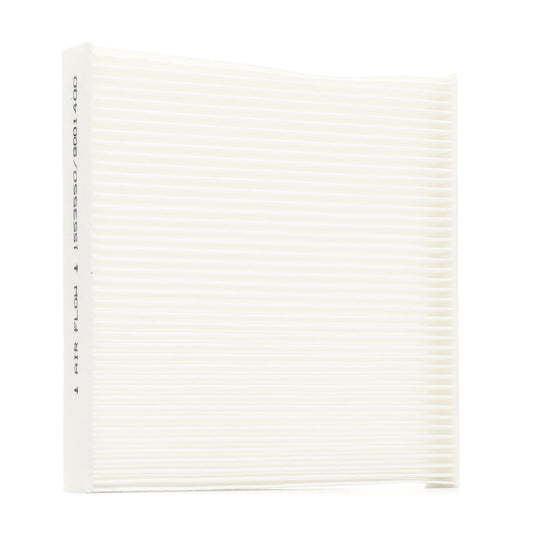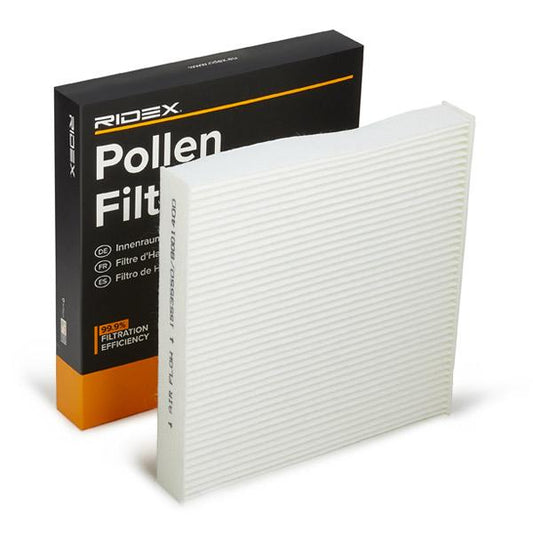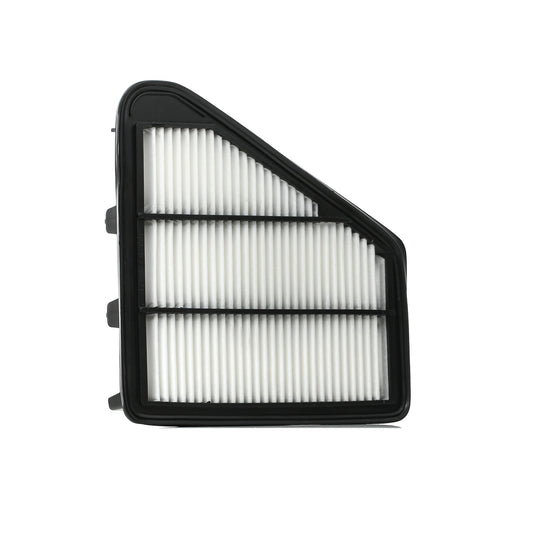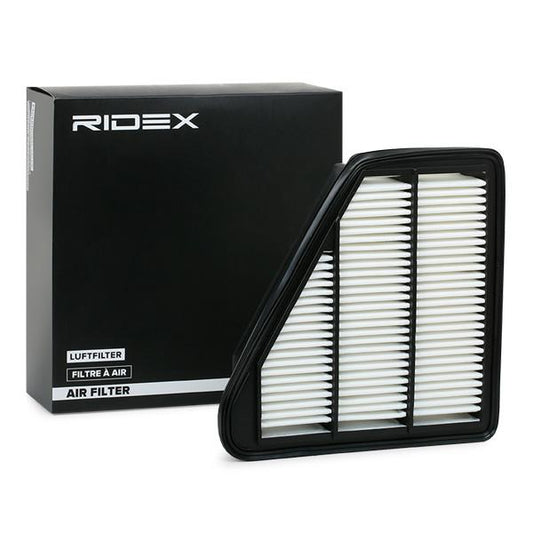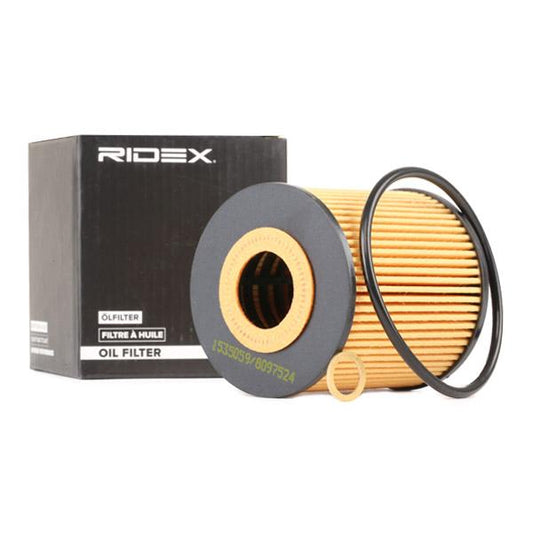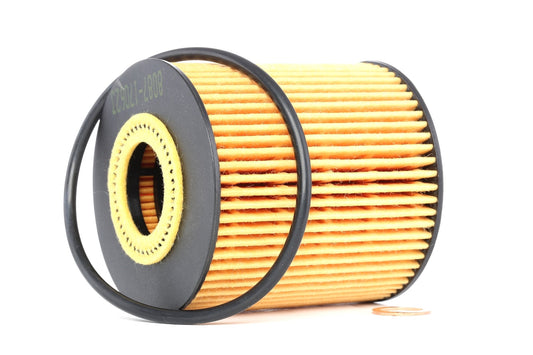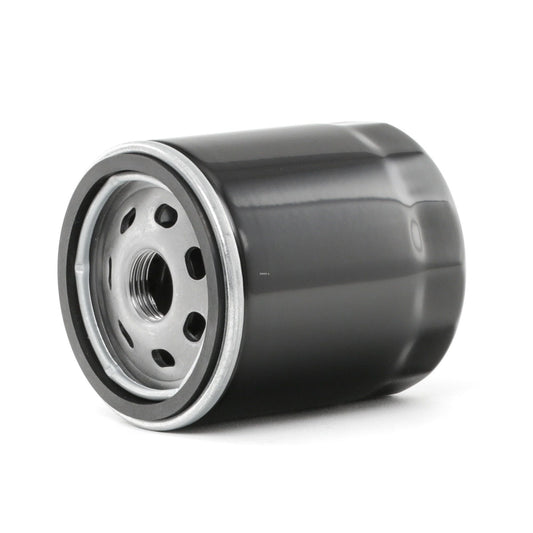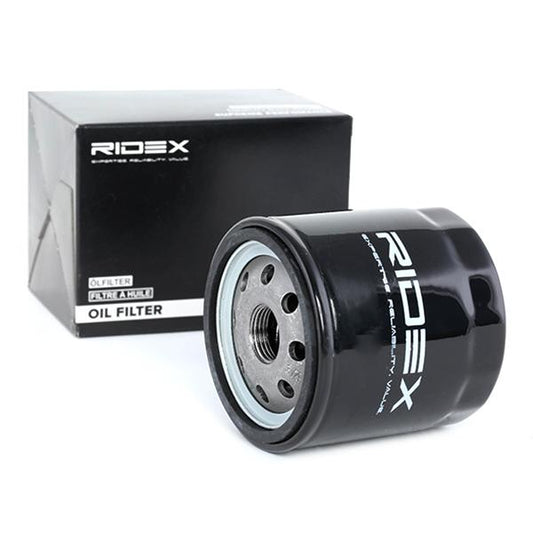
Can a dirty Air Filter trigger a Check Engine Light? Here's how.
Akash BalluckThe check engine light, that ominous symbol on your dashboard, often sparks concern as it could signal anything from a minor hiccup to a serious issue requiring immediate attention. Surprisingly, the culprit behind this warning might be as simple as an air filter, albeit indirectly.
In this article, we'll unravel the ways in which an air filter influences your engine's performance, identify the telltale signs of a dirty air filter, and provide insights into both prevention and resolution.

Understanding the Air Filter's Role
An air filter serves as a guardian, cleansing the air entering your engine. It shields against dust, dirt, debris, and contaminants, preventing them from infiltrating the combustion chamber. A clean air filter facilitates proper breathing for your engine, ensuring an optimal mix of air and fuel for efficient combustion.
The Indirect Impact on the Check Engine Light
While the air filter doesn't directly trigger the check engine light, its condition can indirectly affect other monitored components, such as the mass airflow (MAF) sensor. This sensor gauges incoming air, signaling the computer to adjust fuel injection accordingly. A dirty or clogged air filter impedes airflow, leading the MAF sensor to inaccurately read, resulting in a skewed fuel mixture. This can impact the engine's performance and emissions, prompting the computer to illuminate the check engine light and store a trouble code in its memory.
Another affected component is the oxygen (O2) sensor, responsible for measuring oxygen levels in exhaust gas. A dirty air filter diminishes oxygen supply, causing incomplete combustion. This leads to excess carbon deposits, disrupting the O2 sensor's function, and again triggering the check engine light.
Signs of a Dirty Air Filter
A dirty air filter manifests through various symptoms affecting engine performance and efficiency:
-
Reduced Gas Mileage: Restricted airflow can decrease fuel economy by up to 10%, forcing the engine to work harder and consume more fuel.
-
Loss of Power: A dirty air filter may reduce engine power output by up to 11%, impacting acceleration and speed.
-
Rough Idle: Expect irregular idling or stalling, particularly when cold or under load, due to altered air-fuel ratios.
-
Difficulty Starting: Starting becomes challenging, especially in adverse weather or high altitudes, as restricted airflow hinders compression and ignition.
-
Engine Noises: Unusual sounds like knocking or rattling may occur, signaling abnormal combustion caused by restricted airflow.
Prevention and Resolution
The key to preventing and resolving a dirty air filter issue is regular replacement according to your vehicle manufacturer's recommendations, typically every 12,000 to 15,000 miles or annually. In dusty or polluted environments, more frequent replacements may be necessary.
Replacing the air filter is a straightforward, cost-effective DIY task. Acquire a new filter matching your vehicle's specifications and follow these steps:
- Locate and open the air filter box under the hood.
- Remove the old filter, inspecting it for dirt or damage.
- Insert the new filter securely, ensuring a proper fit.
- Close the air filter box, reconnect any disconnected components.
- Start the engine, checking for improved performance. The check engine light should turn off after a few driving cycles.

Conclusion
An air filter's impact on engine performance is substantial. Regular replacement is crucial to prevent issues like reduced gas mileage, power loss, rough idling, and engine noises. Performing this simple task can save you money and headaches in the long run, maintaining your engine's efficiency and longevity.
Source: US Department of Energy, Oak Ridge National Laboratory.

